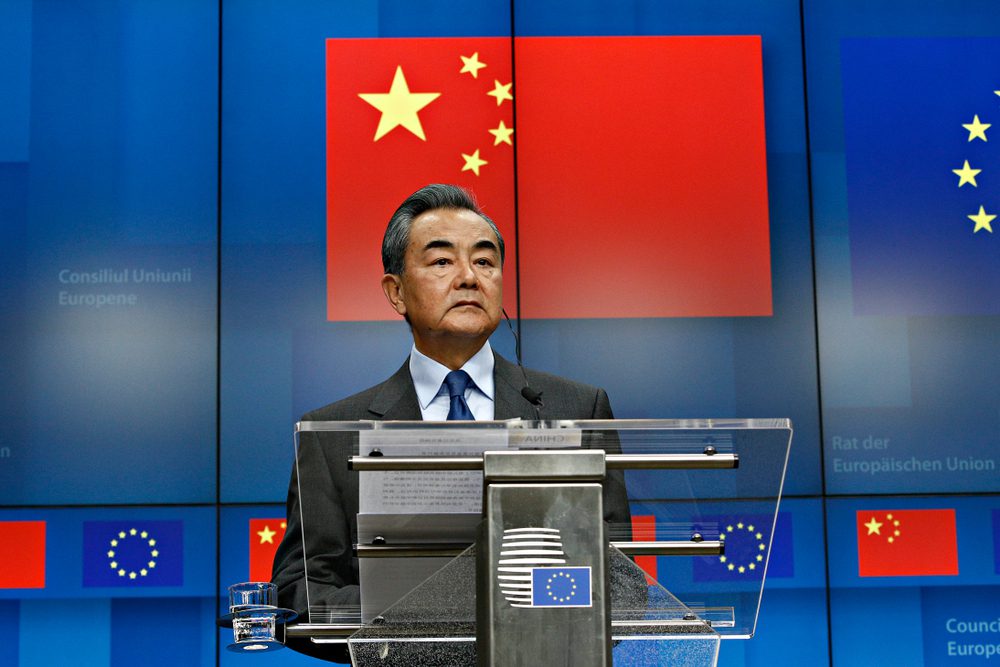
Senior Chinese diplomat Wang Yi outlined his country’s peace plan for the Ukrainian conflict in a speech given to the Munich Security Conference Saturday, February 18th. China’s position throughout the conflict has been ambiguous—a strategy, it seems, to frame itself as a potential mediator between Russia and the West.
In his speech, Wang stressed China’s commitment to avoiding the return of “Cold War mindsets” and criticised major powers “with strategic goals larger than Ukraine” protracting the conflict—a likely reference to the United States.
Wang directed his remarks toward a European audience, cautioned against the return of protectionism, and issued warnings for those trying to undermine the EU’s ‘One-China’ policy, which does not recognise Taiwanese independence. Any solution to the conflict, he declared, should respect national sovereignty, territorial integrity, and the UN Charter.
China is expected to reveal the full peace plan this week on the anniversary of Russia’s invasion of Ukraine, all keeping Moscow’s security concerns about Ukraine joining NATO in focus. China has been critical of Western efforts against Russia, but has avoided openly supporting Putin to avoid trade sanctions.
Wang described China’s earlier attempts to negotiate peace in Ukraine as having been frustrated by larger powers. German foreign minister Annalena Baerbock welcomed these remarks.
Wang has been touring European capitals the past week, and also Moscow, as he seeks to advance Chinese strategic interests in the region. Politico reports that European leaders are worried that the Chinese peace plan could undermine a scheduled UN vote to condemn Russia this week.
Speaking to The European Conservative, Alicja Bachulska, a policy fellow at the European Council on Foreign Relations (ECFR), cast doubt on China’s neutrality, adding that Beijing is deliberately framing the war as triggered by NATO aggression to potentially divide the U.S. and the EU:
Wang Yi’s comments can be seen as an attempt to drive a wedge between Europe and America. Beijing is blaming NATO and the U.S. for “provoking” the war, simultaneously trying to build its own image as a responsible actor on the international arena, promoting peaceful ways of resolving conflicts.
In a subsequent Q&A, Wang dismissed the recent downing of a Chinese high-altitude balloon as overblown by the West, saying that China had given America advanced notice that the balloon had veered off its planned trajectory. Wang did not rule out any future military intervention on the island of Taiwan.
Both the U.S. and the EU have cautioned China against providing military assistance to Russia, with EU foreign policy chief Joseph Borell warning that it constitutes a red line for the international community. America has already sanctioned the Chinese company Spacety for providing satellite images to the Russian Wagner group.
